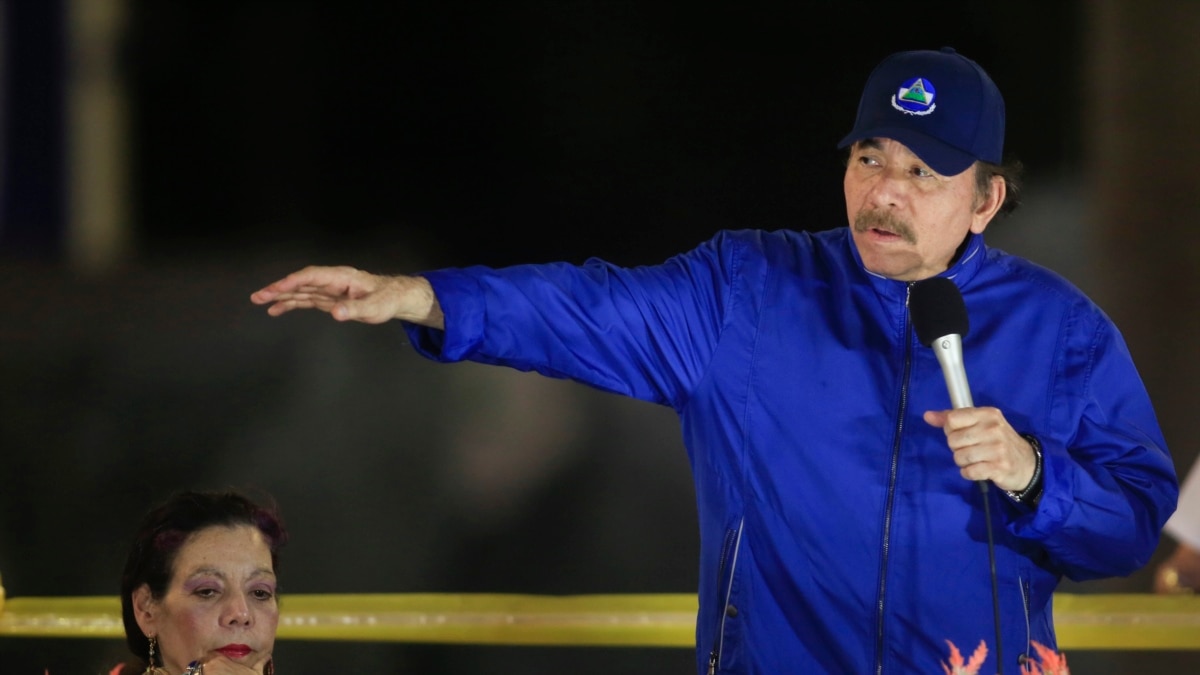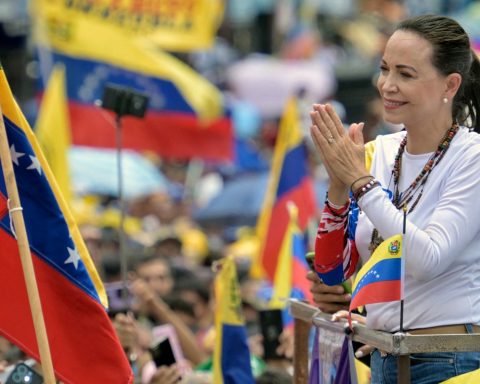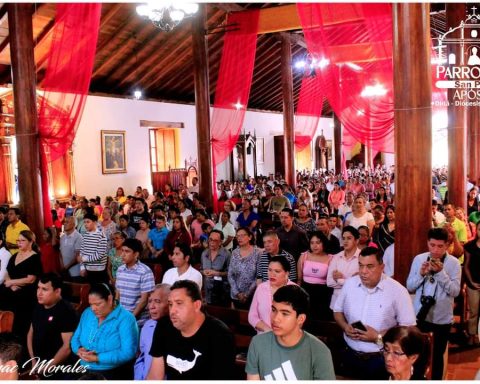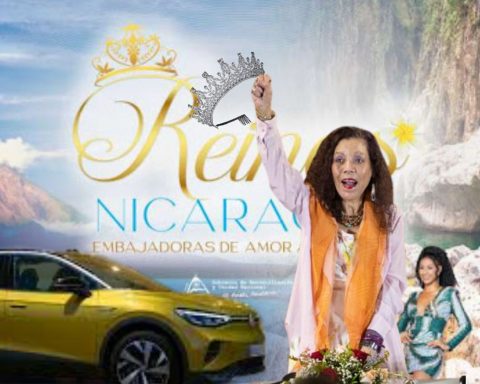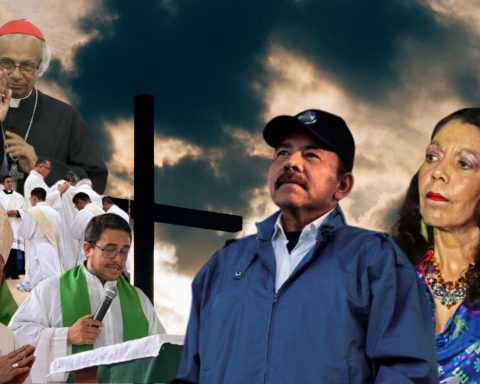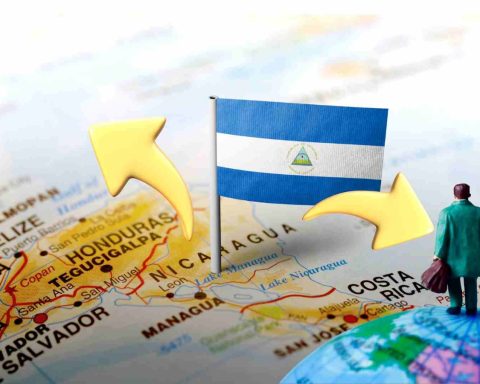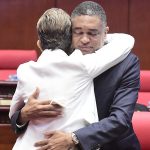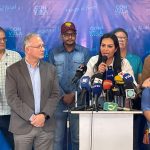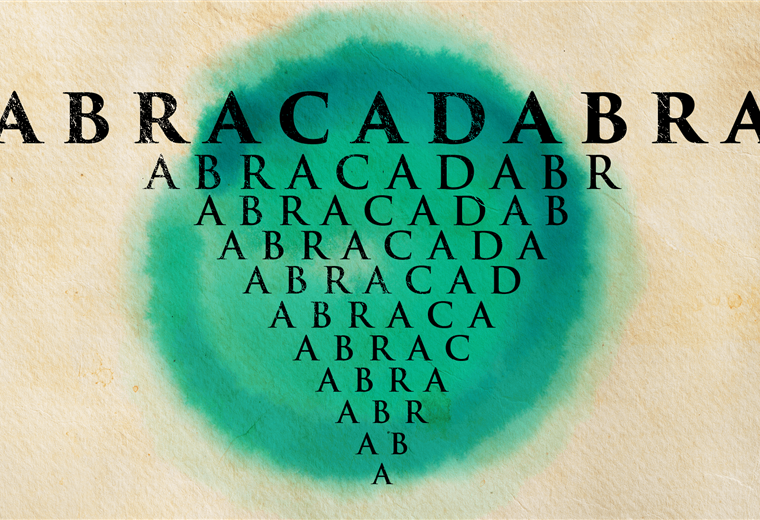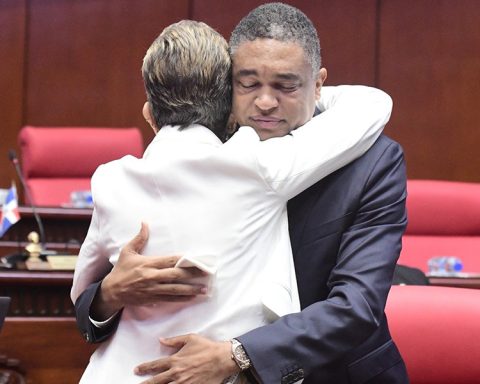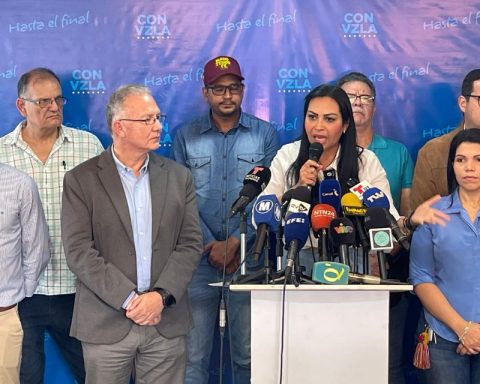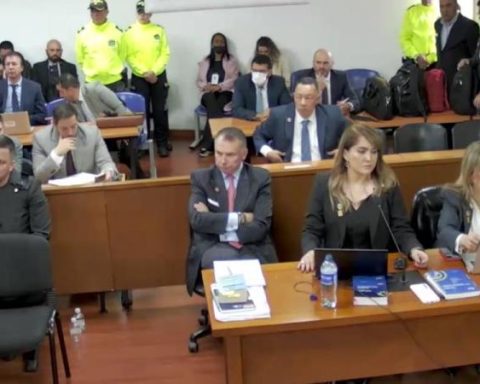The Nicaraguan government released 1,500 common prisoners from prison on Friday, amid calls from the opposition for about 140 more to be released. considered “political prisoners” by organizations and who are mostly opponents arrested and convicted after the social rebellion of 2018.
In an official ceremony held at the Modelo prison, the most populous prison in the country located north of the capital, the Minister of the Interior, María Amelia Coronel, said that the released inmates have a final sentence but will enjoy the legal benefit of living alongside their families from now on.
According to the Mechanism for the Recognition of Political Prisoners—a network linked to the opposition—there are 138 Nicaraguans identified as dissidents who are detained in the country. Among them are the indigenous leader and Miskito deputy Brooklyn Riverathe academic Freddy Quezada and the journalist Víctor Ticay, as well as 10 other people who have remained imprisoned since before the events of 2018.
The released inmates were held in La Modelo and seven other penitentiary centers. With this release, there are more than 9,000 common prisoners who have benefited from the family coexistence regime in the last year, according to official records.
Minister Coronel pointed out that the government of Nicaraguan President Daniel Ortega released the prisoners to commemorate the so-called “Month of Peace”, an official name that refers to the days when police and paramilitaries violently repressed the protests that broke out a few years ago. six years in Nicaragua.
The Sandinista government’s action to stop the social revolt left 355 dead, some 2,000 injured, more than 2,000 detained and at least 100,000 exiled between April and September 2018, according to the Inter-American Commission on Human Rights (IACHR).
In a statement issued this week, the IACHR recalled those protests and urged the Ortega government to “reestablish democracy, put an end to repression in the country and combat impunity” for the “serious violations of human rights committed since the 18th.” April 2018.”
The protests were started by older adults and they had the support of young university students in the cities of León (west) and Managua, the capital, in rejection of a unilateral reform to the Social Security law that reduced pensions for retirees, the report recalled.
According to the IACHR, the government’s response was “repressive and violent,” with “conduct that could constitute crimes against humanity.” Since then, “state repression against dissident voices has persisted under different stages and levels of intensity, triggering a political, social and human rights crisis that continues to deepen.”
The vice president and first lady, Rosario Murillo, announced that the release of the 1,500 common prisoners was to commemorate “the defense of peace” in “those disastrous days” of 2018.
Connect with the Voice of America! Subscribe to our channels Youtube, WhatsApp and to newsletter. Turn on notifications and follow us on Facebook, x and instagram.
